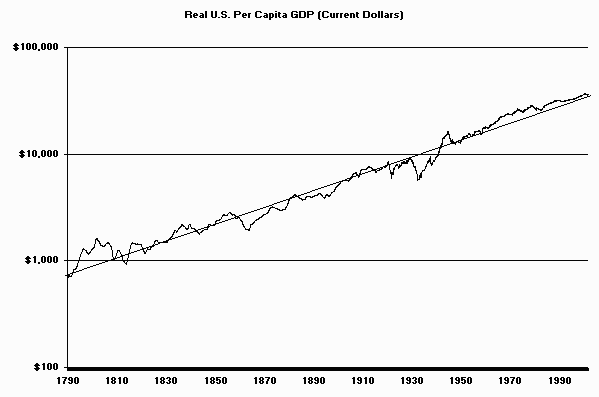Yarmouth: There's been a fair amount of conversation already about the impact of marginal tax rates. When you make those statements, that they reduce economic activity, do you assume marginal tax rates across the entire population and do you break it down as to the impact on economic activity of raising the marginal tax rates on people making over $250,000/year and then over a million dollars a year and is there a difference in the impact, economic impact, of those increases?
Elmendorf: Uh, so, congressman, we do look at the effects on a variety of income catagories -- I don't know exactly what they are, off hand -- Uhm, and we try to apply historical evidence about what we think the responsiveness would be; and you can see some of this analysis in the testimony we did for the Senate Budget Committee last fall about the different ways in which to extend the tax provisions. Some of those senarios we studied, we assume that all of the expiring provisions were extended -- that did, infact, occur at the end of last year -- and other scenarios we looked at only the tax provisions upto a certain point in the income distribution and not above that. I don't have those results at hand...
Yarmouth: Is it safe to say that, if you raise the marginal tax rate from 35% to 39.6% on people making over a million dollars a year that it will not have a huge drag on the economy, versus, extending the marginal rates on the other 99% of the population?
Elmendorf: Well, there's a question about the total impact and the total impact per dollar of revenue. So, there are many more people in the rest of the distribution, much more income earned, and thus changes in the marginal tax rates below that threshold will have a larger aggregate effect on the economy. But, per dollar of revenue lost, the effects are generally, uh, larger at the top of the income distribution because the changes in marginal tax rates -- uhm, are, uh, well they are... less revenue is given up, in a sense, relative to the change in the incentives. So, in terms of the distortion to the economy, per dollar of revenue lost, that is not smaller at the top than it is at the bottom; but it depends on the precise nature of the tax policy.





